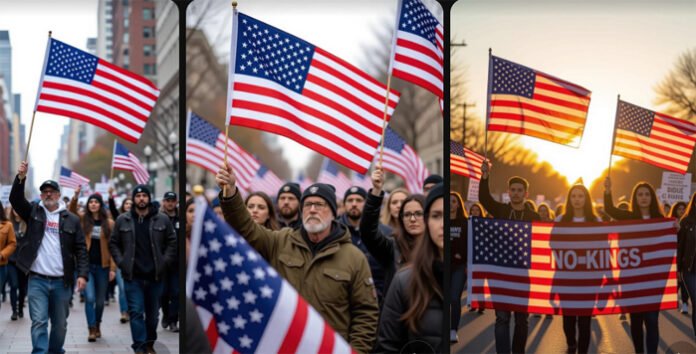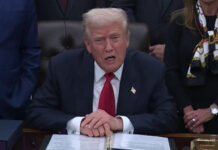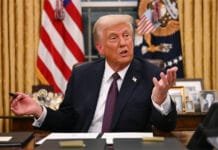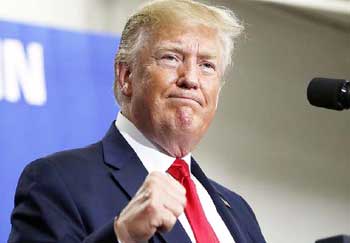Washington D.C., October 19, 2025 – Millions of Americans flooded streets across all 50 states on Sunday, joining the nationwide “No Kings” protests against President Donald Trump. The movement, which has rapidly gained traction in recent months, seeks to challenge what organizers call “authoritarian tendencies” within the current administration.
In Washington D.C., demonstrators gathered outside the White House, waving banners that read, “Democracy Over Dictatorship” and “No Kings, No Tyrants.” Protesters included students, activists, and local politicians, creating a sea of voices calling for accountability. Brandon Johnson, the Mayor of Chicago, addressed the crowd via video link, stating:
“This is not just a protest; it’s a movement to remind our leaders that power belongs to the people, not the throne.”
The movement’s name, “No Kings,” reflects historical and symbolic resistance to autocratic rule, echoing the sentiments of early American revolutionaries. According to organizers, this rally is the largest coordinated civil demonstration in the U.S. since 2020, with estimates of over 7 million participants nationwide.
In New York City, Times Square witnessed a massive turnout, where demonstrators formed human chains and chanted slogans like “Democracy Matters” and “Hold Power Accountable.” Police officials confirmed that, despite the large crowds, there were minimal incidents, attributing the success to pre-planned coordination and volunteer marshals helping maintain order.
Why These Protests Matter
Political analysts argue that the protests reflect growing discontent with the Trump administration’s recent policy decisions and rhetoric. Dr. Lisa Hernandez, a political science professor at Georgetown University, said:
“These rallies are a barometer of civic engagement. The sheer scale of participation indicates a vibrant democracy that refuses to stay silent.”
The protests also come amid ongoing debates over freedom of speech, media censorship, and perceived executive overreach. While Trump supporters argue that the rallies exaggerate threats, opponents insist the movement underscores the need for vigilance against authoritarian trends.
Key Highlights from the “No Kings” Rallies
Nationwide Reach: Protests occurred in major cities including Los Angeles, Chicago, New York, Atlanta, and smaller towns across the Midwest.
Youth Participation: Over 60% of attendees were under 35, highlighting the increasing political engagement of young voters.
Peaceful Demonstrations: Organizers coordinated with law enforcement, and most rallies remained peaceful, though minor scuffles were reported in Miami and Dallas.
Public Figures’ Statements: Several senators and local politicians issued statements supporting the rallies, emphasizing democratic accountability.
Social Media Buzz
The protests generated massive engagement on social media platforms. Hashtags like #NoKings2025, #PowerToThePeople, and #DefendDemocracy trended across Twitter, Instagram, and X. Many participants shared videos, chants, and personal stories, amplifying the reach of the movement beyond physical locations.
One viral post from a Chicago student read:
“I marched today because freedom is not guaranteed; it is earned and defended daily.”
Looking Ahead
Political observers suggest that the momentum from these protests could influence upcoming state elections and midterm strategies. Civic groups are already planning follow-up campaigns focusing on voter education, grassroots organizing, and legislative accountability.
The “No Kings” movement represents more than just opposition to a single leader—it symbolizes a nationwide demand for transparency, accountability, and protection of democratic institutions. As the movement grows, it will be closely watched by political analysts, policymakers, and the international community.
Conclusion:
The U.S. “No Kings” protests are a historic manifestation of civil engagement, bringing millions to the streets to demand democracy over autocracy. With youth leadership, coordinated strategies, and widespread social media amplification, the rallies are shaping the discourse ahead of upcoming elections. Whether this movement will produce legislative or policy changes remains to be seen, but its impact on American civic consciousness is undeniable.
















